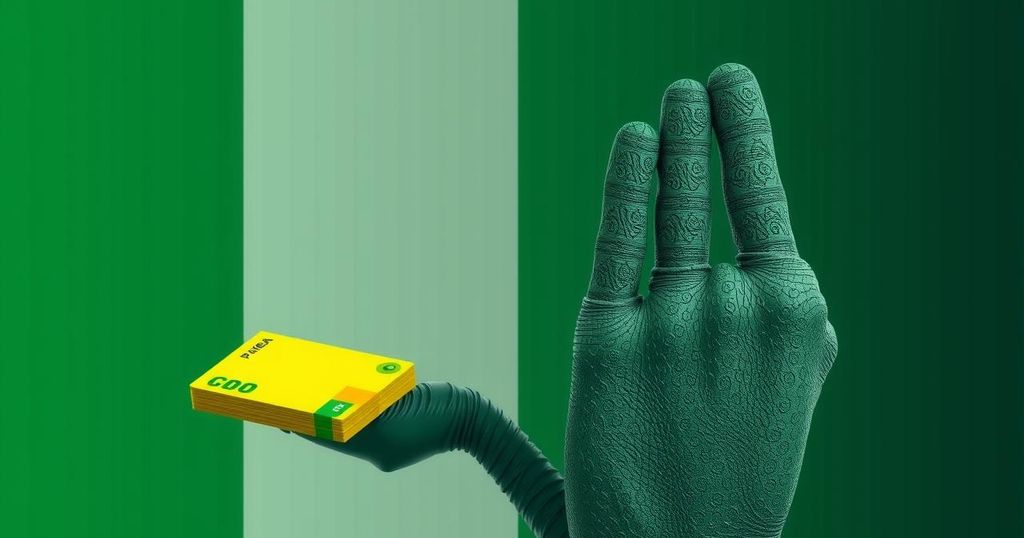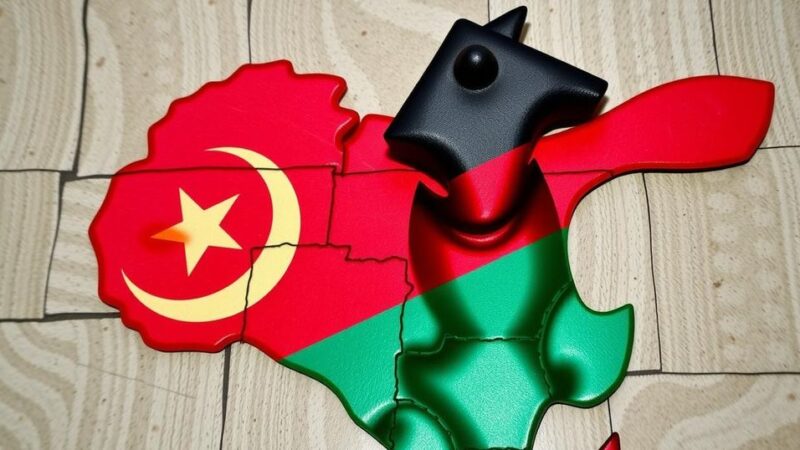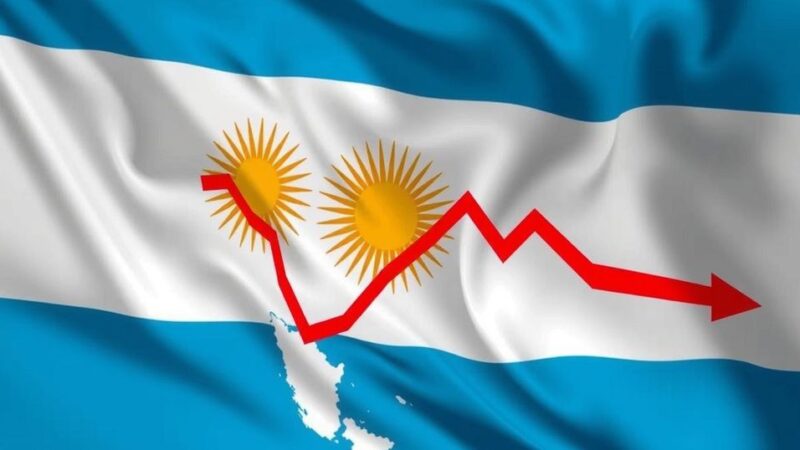The Nigerian government has initiated cash payments to 25 million impoverished citizens as part of a poverty alleviation project, utilizing biometric identification methods. Beneficiaries receive 75,000 Naira (approximately US$45) per tranche, with funds disbursed through bank accounts or digital wallets. Despite these efforts, poverty continues to rise, with millions more facing extreme hardships. The government aims to strengthen social protection and support various social intervention programs to address the escalating poverty situation.
The Nigerian government has disbursed cash payments to approximately 25 million citizens enlisted in the national social register as part of an initiative aimed at alleviating poverty. Beneficiaries are verified through their National Identification Number (NIN) and Bank Verification Number (BVN), ensuring secure cash transfers. Since the initiation of biometric identification for the program in October of the previous year, payments have been made to about five million households, with each receiving 75,000 Naira (approximately US$45) per tranche. The Minister of Finance, Wale Edun, remarked that two sets of payments have been issued thus far, with plans for additional disbursements to follow. The initiative aims to support approximately 67 million individuals in Nigeria. Despite these efforts, recent reports indicate that about 14 million more citizens have descended into extreme poverty in 2024 alone, exacerbating the country’s poverty crisis. The World Bank’s macro analysis reveals that nearly 47 percent of Nigerians are living below the global poverty line, defined as less than $2.15 per day. To combat this issue, the government must implement robust strategies to address inflation and enhance fiscal stability, as suggested by the report. Minister Edun affirmed the government’s commitment to establishing a dependable social register, allowing for more effective social protection measures. Besides the cash assistance, he highlighted the success of other social programs, including a consumer credit facility benefitting 11,000 individuals and a student loan scheme that has aided 500,000 students with a total distribution of 90 billion Naira (around US$55 million). Additionally, the government plans to provide agricultural support to 600,000 farmers nationwide by offering subsidized inputs and equipment. Oyo State Governor Seyi Makinde remarked on the continuous efforts to create a non-partisan social register in his state, emphasizing the necessity of transparency in social welfare initiatives.
The article discusses a significant initiative by the Nigerian federal government to provide financial assistance to impoverished citizens through biometric identification systems. This program is part of a broader strategy to combat poverty, particularly in light of rising poverty rates in the country. The context surrounding this initiative includes a backdrop of economic challenges and the need for comprehensive social protection to support vulnerable populations effectively. The ongoing efforts are vital as Nigeria grapples with the complexities of poverty exacerbated by economic conditions and demographic factors.
In conclusion, the Nigerian government’s cash payment initiative has successfully distributed funds to millions of impoverished households, leveraging biometric identification to ensure security and efficiency. Despite this progress, the nation faces increasing poverty levels, necessitating further measures to stabilize economic conditions and enhance social protection mechanisms. The government’s commitment to developing a reliable social register and supporting various intervention programs underscores its dedication to improving the welfare of its citizens amid challenging circumstances.
Original Source: www.biometricupdate.com







